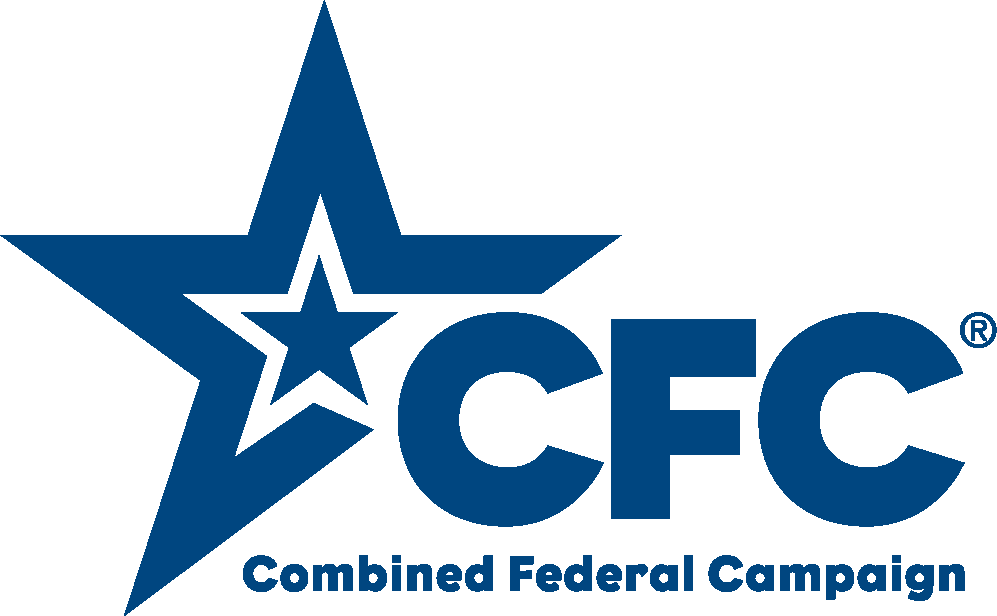When strangers reside with you in your land, you shall not wrong them. The sojourners who reside with you shall be to you as your citizens; you shall love them as yourself, for you were strangers in the land of Egypt.
— Leviticus 19:33-34
Every person, regardless of race or income, should have a safe and stable home. But some landlords think that their own profit is more important than safety and stability for Black and brown renters, and they let the buildings they own fall into disrepair, or throw whole families out on the street to try to squeeze more money out of the next renters.
Ancient Jewish texts are full of laws about keeping homes safe for the people who live in them. The prophet Micah understood that housing is more than a roof over one’s head and that to deny a person safe housing is not only robbing them in the present but also robbing their family for generations to come.
JUFJ and our partners in Renters United Maryland have been fighting back against unfair laws, evictions, and unsafe conditions that renters are impacted by. Together, we’ve won things like emergency rental assistance, lawyers for renters facing eviction, holding landlords accountable to licensing requirements, and many other changes that keep families safely in their homes. This year, we can keep building a Maryland where everyone has a safe place to live.
Key Partners:
- Renters United Maryland, including CASA, Public Justice Center, Lawyers’ Committee for Civil Rights Under Law, Health Care for the Homeless, and Disability Rights Maryland
Legislative Details:
Just Cause Eviction (HB477 / SB644)
- Nobody should lose their home because of the whims of their landlord.
- Landlords often retaliate against tenants who organize for their rights, demand that repairs be made, or complain about violations of laws about safe housing conditions. Sometimes this retaliation takes the form of refusing to renew their leases.
- “Just cause” laws protect tenants from this kind of retaliation, and from being evicted for no reason at all. These laws promote housing stability for tenants and neighborhoods.
- This bill would allow counties to adopt “just cause” laws that meet local needs.
- Delegate Jheanelle Wilkins is the long-time House sponsor of this bill and Senator Anthony Muse is the Senate sponsor.
Key Committees:
- Senate Judicial Proceedings (JPR), Chair: Will Smith (Montgomery County)
- House Environment and Transportation (E&T), Chair: Marc Korman (Montgomery County)
Jews United for Justice (JUFJ) works in coalition and partnership with grassroots and advocacy groups to build and win issue campaigns. Our approach is based on our commitment to racial equity and dismantling systems of oppression, which includes centering the leadership of our most directly impacted partners and being as transparent as possible about our agenda selection process. When we select campaigns, we keep in mind our goals of organizing and mobilizing our base, strengthening coalitions we are part of, and shifting the balance of power in our local communities. This year we have four full scope of work campaigns and we will engage in other campaigns in a more limited way.
- For more information about our other full scope of work campaigns, click here.
- For more information about our limited campaigns, click here.
- For more information about our agenda setting process for the Maryland 2024 state legislative session, click here.




